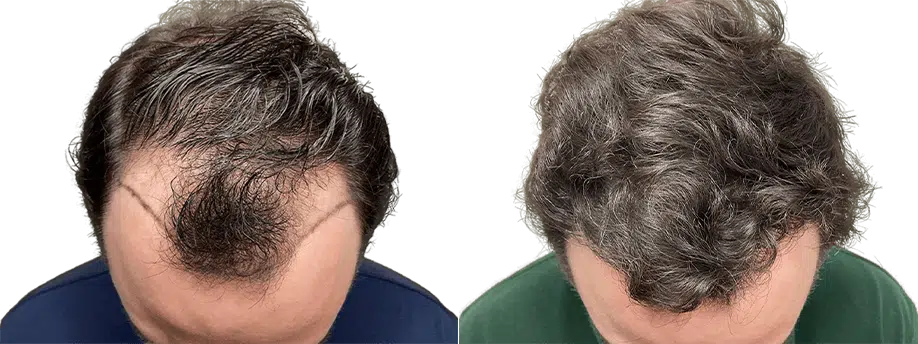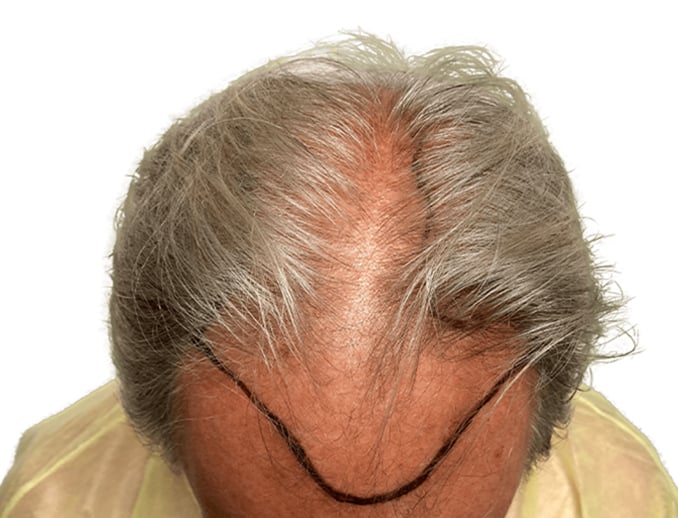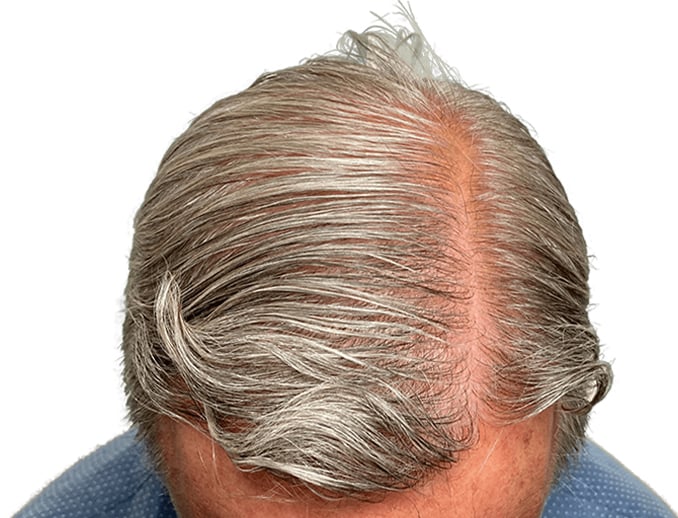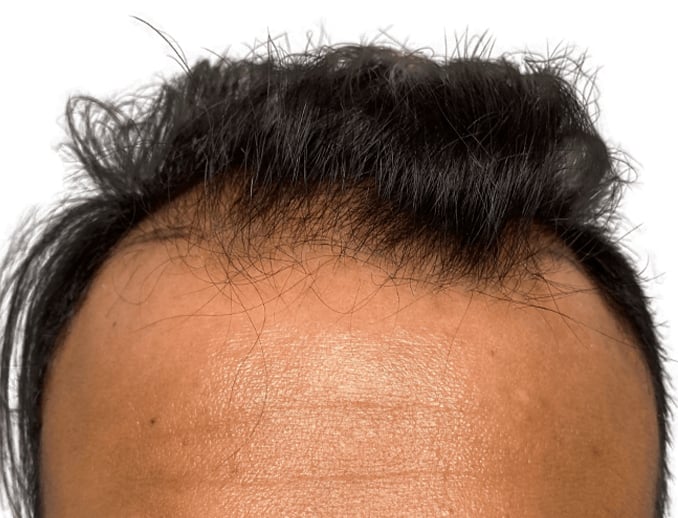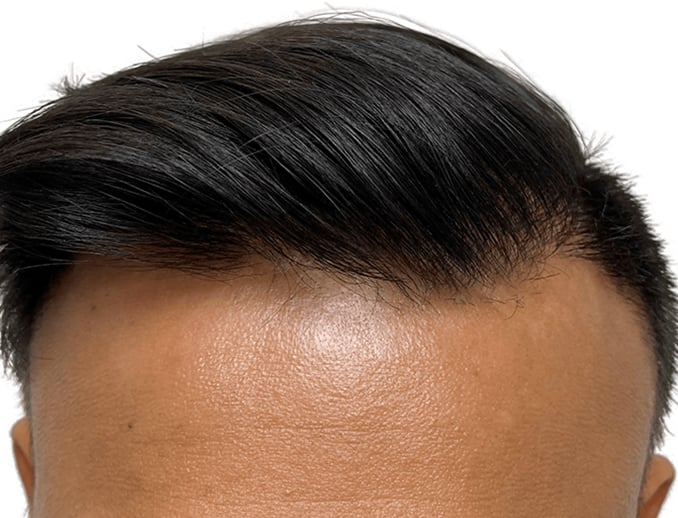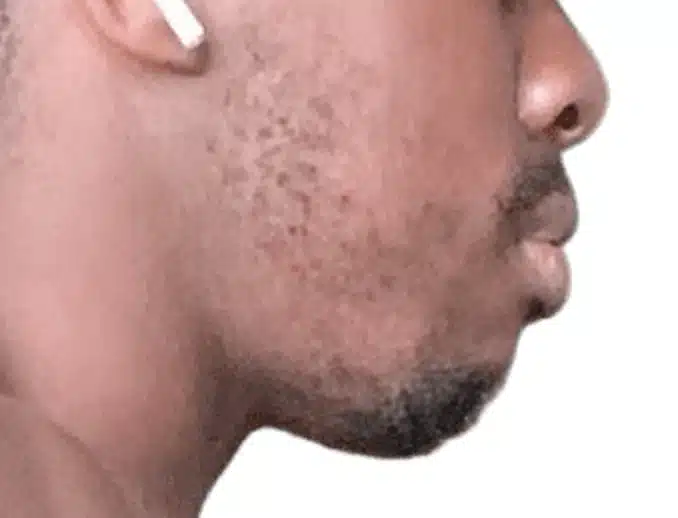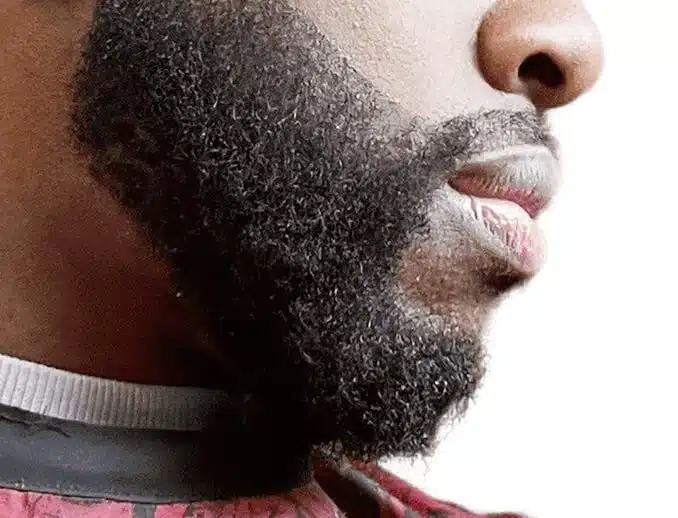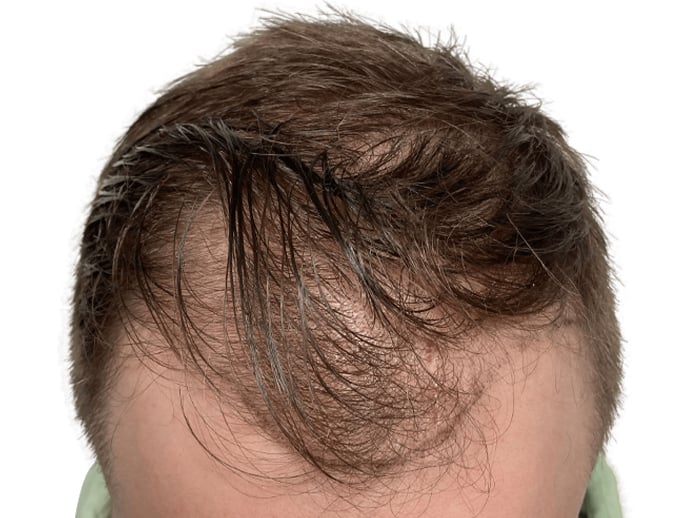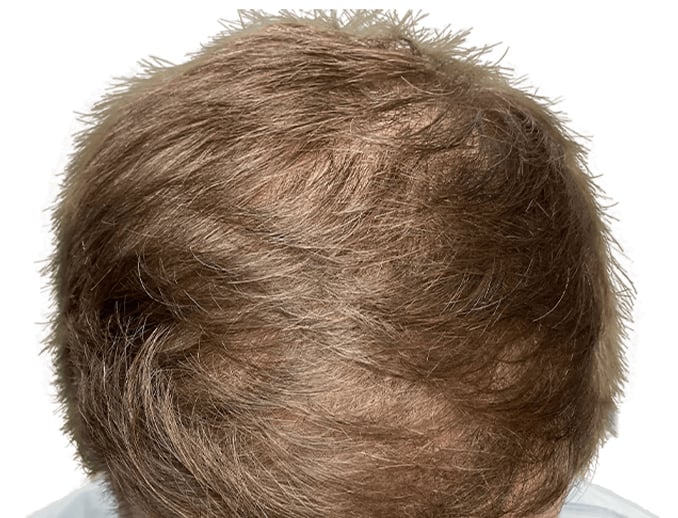Questions? We Have Answers!
Let's address some common hair restoration concerns:
How long does a hair transplant take?
Procedure durations vary depending on the extent of hair restoration needed, but most are completed within a single day.
Is the recovery process difficult?
Most patients experience minimal discomfort and can resume their normal activities within a few days.
How much does a hair transplant cost?
The cost depends on individual needs. We offer competitive pricing, financing options, and free consultations to help you understand your investment.
Am I a good candidate for a hair transplant?
The best way to determine your candidacy is through a consultation with a hair restoration specialist. However, here are some factors that generally make a person a good candidate:
- Type of hair loss: Hair transplants are primarily suited for those experiencing male or female pattern baldness (androgenetic alopecia).
- Sufficient donor hair: You'll need a healthy supply of hair in the donor area (usually the back or sides of the head) to transplant into areas of hair loss.
- Good overall health: Being in good health promotes optimal healing and the best possible results.
What are the potential side effects of a hair transplant?
Hair transplants are generally safe and well-tolerated, and most side effects are mild and temporary. These may include:
- Tenderness and soreness: The scalp may feel tender for a few days after the procedure.
- Swelling: Some swelling around the treatment area is normal and subsides quickly.
- Scabbing: Small scabs form where hair follicles were removed or placed; these heal on their own.
- Infection: Very rare, but can be prevented with proper care and antibiotics if needed.
How long will my hair transplant results last?
Hair transplant results are considered permanent. The transplanted hair follicles continue to grow naturally in their new location, offering long-lasting hair restoration.
Will I need multiple procedures?
The number of procedures needed depends on the extent of hair loss and your desired hair density. During your consultation, your surgeon will develop a personalized plan that may involve one or multiple sessions to achieve your goals.
What kind of aftercare is involved?
Your hair restoration specialist will provide detailed aftercare instructions. Typically, aftercare involves:
- Keeping the scalp clean: Follow specific instructions for gentle washing and avoid harsh products.
- Protecting your scalp: Avoid direct sunlight and strenuous activity for a certain period.
- Managing discomfort: Your doctor may provide medication to manage any mild discomfort.
- Following up: Attend follow-up appointments as instructed to monitor healing and progress.
We're Ready to Help You Love Your Hair Again
If you're between the ages of 21 and 60+, experiencing hair loss, and predominantly male, MAXIM Hair Restoration is dedicated to providing you with the customized solutions you need to regain a fuller head of hair and rediscover your confidence.
